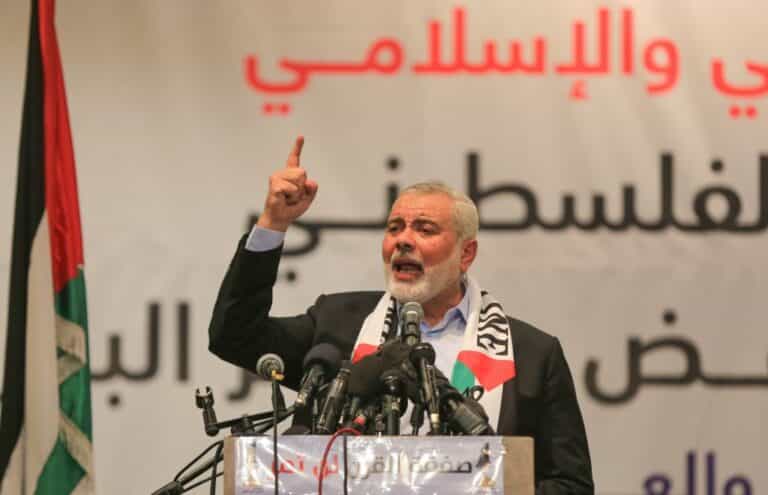
The head of Hamas, Ismail Haniyeh, was eliminated in a missile strike in the Iranian capital of Tehran early Wednesday morning. In response, Iran has threatened a “harsh response.”
While world leaders were already concerned about the war escalating due to another targeted assassination in Beirut just hours earlier, this latest strike has significantly heightened those worries.
Let’s unpack what the assassination of Ismail Haniyeh means for the Israel-Hamas war and the ongoing ceasefire and hostage negotiations.
What happened?
Iranian media reported Wednesday morning that a missile hit the residence where Haniyeh was staying in Tehran, killing the Hamas leader.
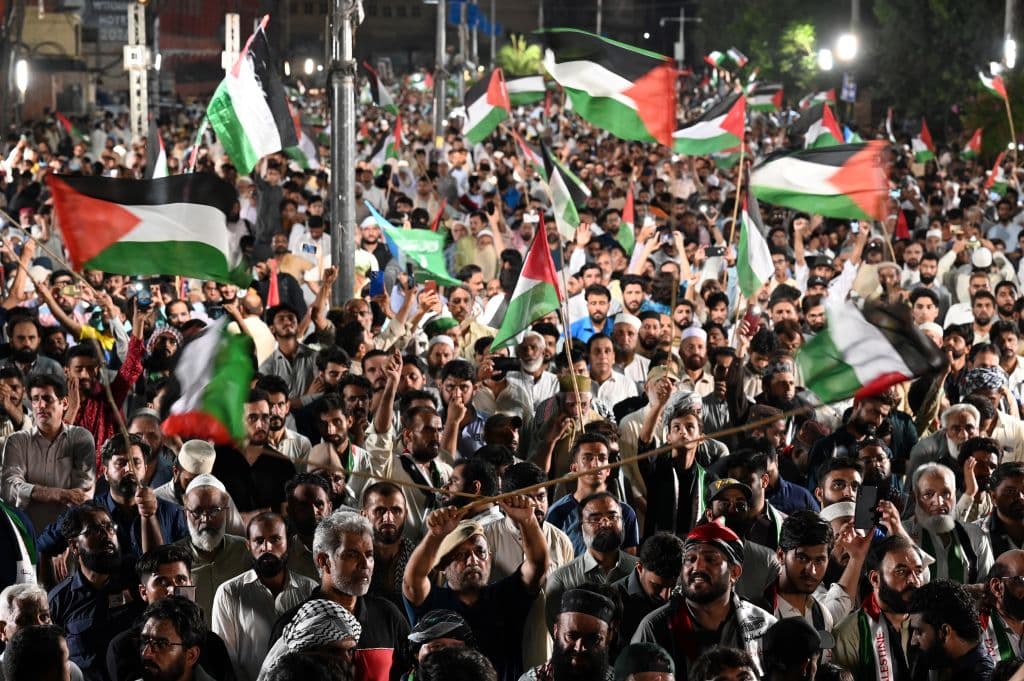
Haniyeh was in Iran for the inauguration of the Islamic Republic’s new president, Masoud Pezeshkian. Many other leaders of Iran’s proxies throughout the region, including leading members of Hezbollah, were also in Tehran for the event.
Initial reports indicated that the strike hit a base belonging to Iran’s Revolutionary Guards Corps (IRGC) in northern Tehran. How exactly the assassination of Ismail Haniyeh was carried out, and who carried it out, remains unclear.
Iran quickly blamed Israel for the strike, although the IDF has not taken responsibility. Some reports claimed the missile was launched from outside Iran, while others reported it was launched from within, possibly from a nearby building.
U.S. Secretary of State Antony Blinken told CNA that the United States was “not aware of or involved in” the strike on Haniyeh.
Blinken added that ‘it’s very hard to speculate’ about how the strike will affect the Israel-Hamas war, saying, ‘I’ve learned over many years never to speculate on the impact one event may have on something else.
The strike on Haniyeh sparked condemnations from several world leaders.
Egypt’s Foreign Ministry condemned the strike and another recent strike that targeted Hezbollah’s top military commander, Fuad Shukr, calling it a “dangerous policy of Israeli escalation.”
The ministry warned that the strike “undermines the strenuous efforts made by Egypt and its partners to stop the war in the Gaza Strip” and ‘indicates the absence of an Israeli political will to calm the situation.’
China and Russia condemned the strike as well, with the latter warning that it could “significantly destabilize the already tense situation.”
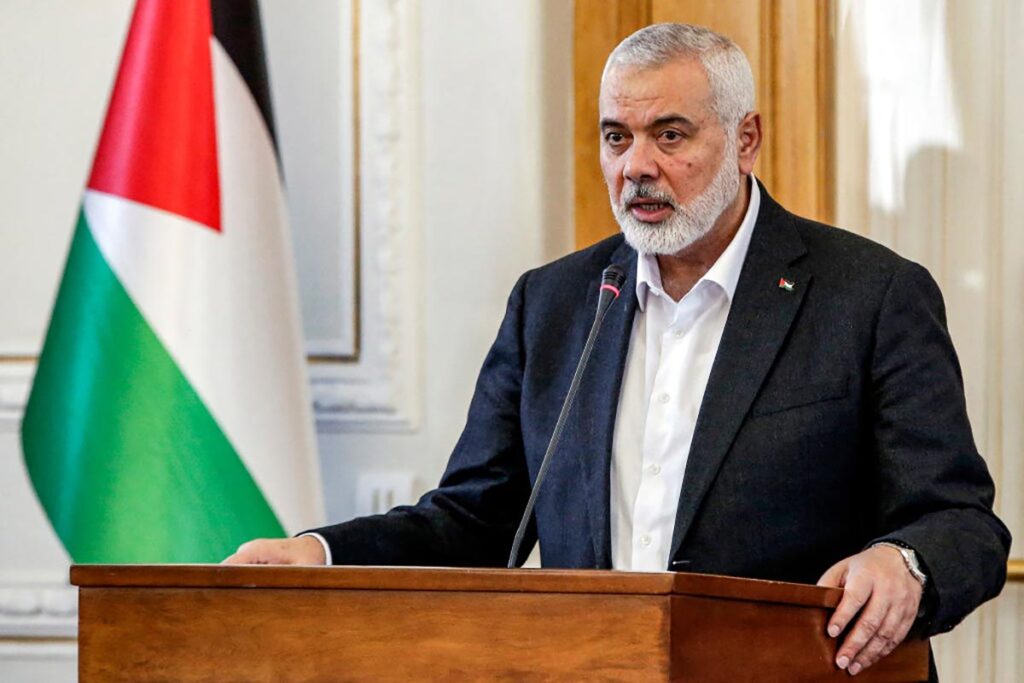
Who was Ismail Haniyeh?
Haniyeh was the head of Hamas’s political bureau, in charge of most of the terrorist organization’s diplomatic efforts, among other things.
Read more: What is Hamas?
Haniyeh had been a member of Hamas for decades and was close with the terrorist movement’s founder, Sheikh Ahmed Yassin. He quickly climbed the ranks and became part of a secret “collective leadership” of Hamas after Yassin was assassinated in 2004.
After Israel withdrew from the Gaza Strip in 2006, Haniyeh was elected as prime minister of the Palestinian Authority, but that government quickly fell apart after fighting erupted between Hamas and the ruling party, Fatah.
Haniyeh remained the leader of Hamas in Gaza until 2016, when he fled to Qatar and became the head of the entire terrorist organization. While most Gazans live in poverty, Haniyeh enjoyed a $4 billion fortune while living in luxury far from the Strip.
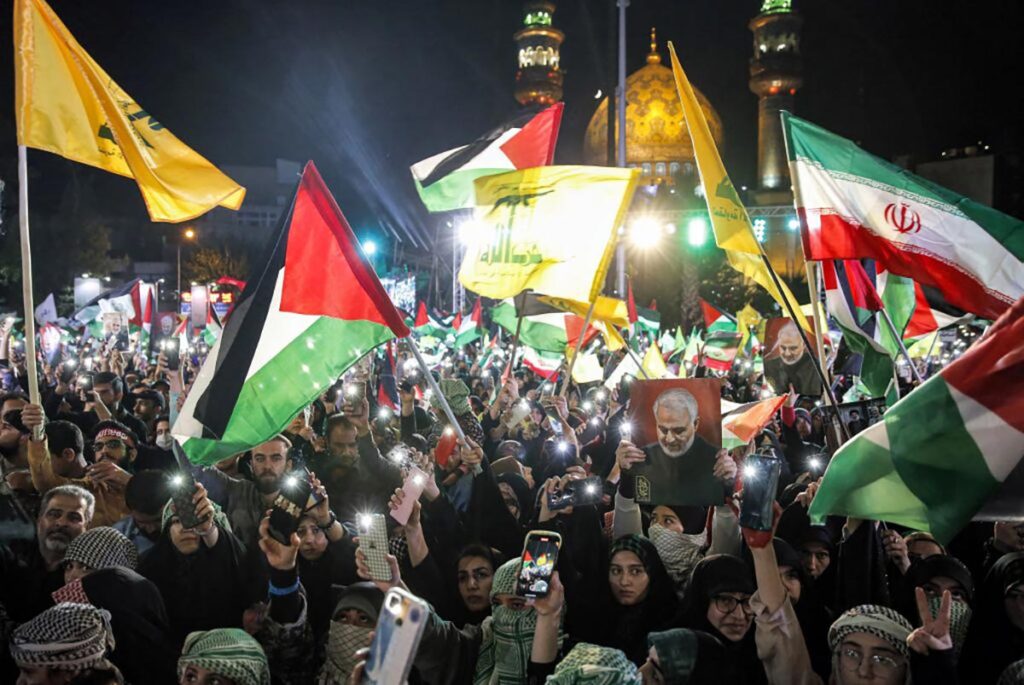
Throughout his time leading Hamas, Haniyeh has been central in the terrorist movement’s diplomatic efforts, traveling around the world and meeting with the leaders of countries. He was also central in securing support – including weapons and funds – from Iran.
Since Haniyeh was largely not present in Gaza or the West Bank in recent years, other Hamas leaders had taken center stage, including its leader in Gaza, Yahya Sinwar, and Hamas official Saleh al-Arouri, who was responsible for terrorism in the West Bank and for coordinating with Iran and other terrorist groups. Arouri was assassinated in Beirut in January.
Haniyeh was central in ceasefire and hostage release negotiations, meaning his assassination raises serious questions about how those talks could move forward, alongside a whole slew of other issues.
What happens next?
The first question on most people’s minds is if or how Iran and its proxies will respond to the assassination of Ismail Haniyeh.
The strike in Tehran came just hours after an Israeli strike targeting Hezbollah’s top military commander in Beirut and reports of a strike on Iran-backed militias in central Iraq the U.S..
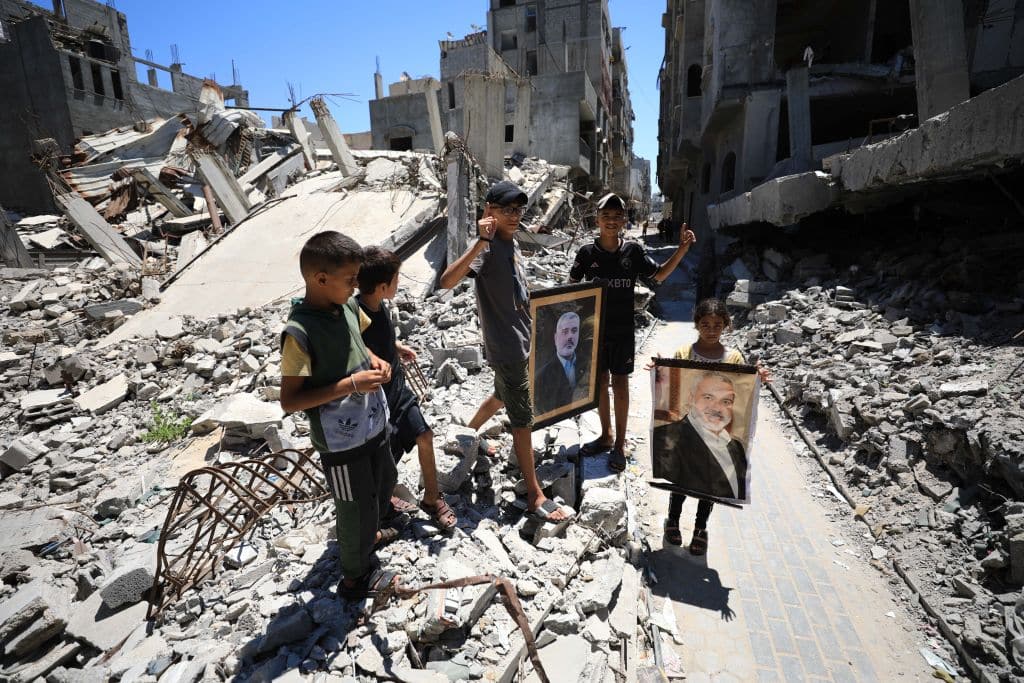
While a response by Hezbollah was already expected following the strike on Beirut, the attack on Tehran increased the possibility that other groups and possibly even Iran itself could get involved directly.
The Supreme Leader of Iran, Ali Khamenei, warned that the Islamic Republic considered it its “duty” to respond to the missiles, adding that there would be a “harsh punishment” for Israel. On Wednesday night, the New York Times reported that Khamenei had ordered a direct attack on Israel, which could include strikes near Tel Aviv and Haifa or a coordinated attack with Hezbollah.
Hamas warned as well that it would respond to the strike, but the terrorist movement has lost most of its capabilities because of the war in Gaza. Hamas does still have a large following in the West Bank, though, and may try to increase terrorist attacks from that area.
The larger concern is Iran’s possible involvement.
In April, Iran launched hundreds of missiles and drones toward Israel after an IRGC commander responsible for operations in Syria and Lebanon was eliminated in a strike blamed on Israel near Iran’s embassy in Damascus.
Most of the drones and missiles used in that attack were intercepted by an international coalition including the IDF, the U.S., the U.K., Jordan, and France, but the attack was still unprecedented in its scale and in its status as the first direct attack by Iran on Israel.
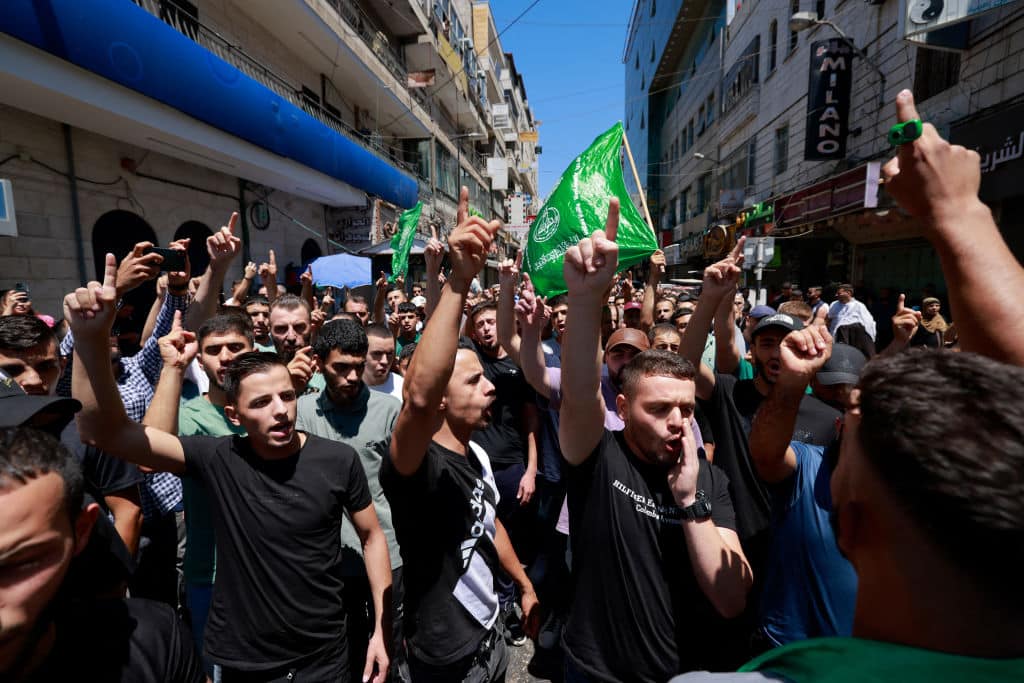
The Islamic Republic said at the time that it launched the attack because it considered the strike near the embassy as a strike on Iran itself. Given that this time the strike was actually on Iranian territory, it may repeat such an attack or even escalate further.
The assassination of Ismail Haniyeh is also expected to seriously disrupt efforts to secure a ceasefire and hostage release deal between Israel and Hamas.
While in recent weeks there had been increasing optimism about the chances of reaching a deal, that optimism began collapsing earlier this week after the terrorist movement accused Israel of changing its demands. This strike is likely to only make those efforts more complicated.
Haniyeh was seen by the mediators as more “pragmatic” than Sinwar and the more likely to agree to a deal. With him gone, it’s unclear who will take over negotiations or if Hamas will even be willing to continue talks in the near future.
One person reportedly being floated as a replacement for Haniyeh, at least temporarily, is Khaled Meshaal, who was Haniyeh’s predecessor.
As of the moment, it remains unclear where things are headed. Iran and its proxies often wait until after assassinated figures are buried before launching their responses. With Haniyeh’s funeral scheduled for Friday, it may be a few days before we see how the situation develops.
Originally Published Jul 31, 2024 01:46PM EDT
